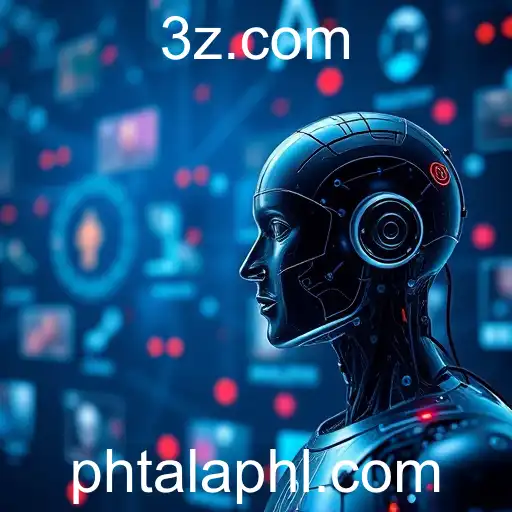
As we progress through 2025, the world is witnessing a remarkable evolution in artificial intelligence (AI) and its applications across various sectors. From healthcare to entertainment, AI is revolutionizing the way industries operate, creating a dynamic shift in global economic structures and societal norms.
One of the most prominent areas where AI has made significant headway is in healthcare. Innovative AI solutions are being employed to enhance diagnostic accuracy, predict patient outcomes, and even suggest personalized treatment plans. With AI-driven tools, healthcare providers can analyze large volumes of data quickly and accurately, potentially saving countless lives. However, these advancements come with their own set of ethical challenges, including data privacy concerns and the need for transparent algorithms.
In the entertainment industry, AI is breaking new ground by enabling creators to produce more immersive and personalized experiences for users. AI-driven platforms can analyze viewer preferences and adapt content in real-time, thereby increasing user engagement and satisfaction.
On the global economic front, AI is a catalyst for unprecedented growth and transformation. It has opened new avenues for businesses, paving the way for sophisticated supply chain management, predictive maintenance, and customer service automation. As companies adapt, there's a significant push towards reskilling the workforce to meet the demands of this AI-driven future. Nations around the world are also investing in AI research and development to maintain competitive advantage, leading to a surge in international collaborations and policy-making efforts focused on AI governance.
However, with these developments, there is also a growing discourse around the societal impact of AI. Concerns about job displacement, ethical AI deployment, and the digital divide between developed and developing countries are more relevant than ever. The gap continues to widen as access to AI technology remains uneven, prompting organizations and governments to collaborate on inclusive technological growth.
Finally, the geopolitical landscape is shifting as AI becomes a central component in determining global power dynamics. Countries are racing to become leaders in AI technology, leading to a new wave of digital diplomacy and strategic alliances.
As the world continues to navigate through these transformative times, the potential of AI remains vast yet challenging. Stakeholders across all sectors must continue to deliberate on the implications of these technologies for a future that fosters innovation while safeguarding ethical standards.


